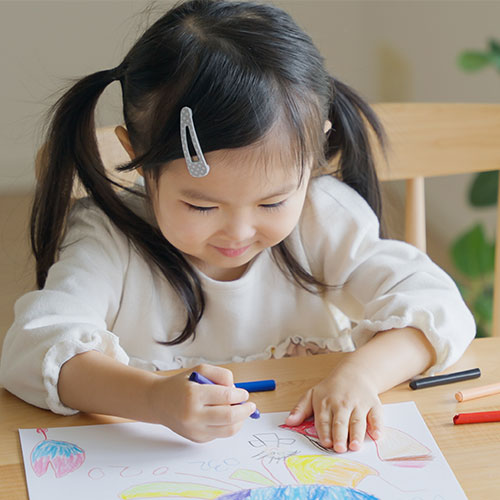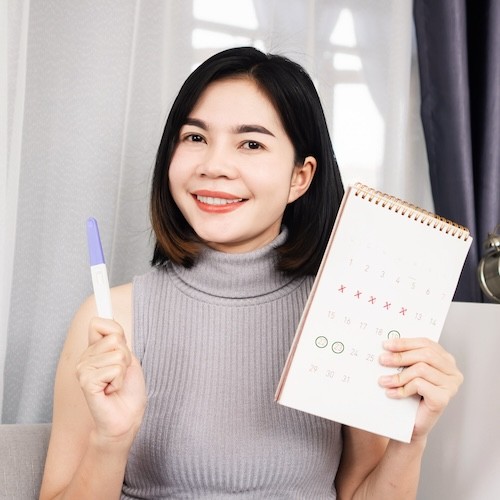When your kids are done with their homework or household chores, they deserve a break in the form of play! While there are many activities to choose from, why not take playtime up a notch by letting them have fun while sharpening their skills?
Take note of these fun activities that may help enhance your kids’ overall brain development!
- Read books.
Introducing books to your kids at an early age can help:
- Build their vocabulary
- Improve language, communication, listening, and memory skills
- Promote early learning of concepts like numbers, letters, colors, and shapes
- Teach them the value of talking and communicating
- Provide information about their surroundings and environments
The best books to read would depend on your kids’ ages. If your kid is at the stage where they like to grab things, opt for vinyl or cloth books that are brightly colored. As your kid grows, you can shift to using board books with pictures or objects, books with mirrors, pop-up or flap books.
You may want to look into stories that focus on bedtime and bath time routines and use repetitions of certain words and/or phrases.
- Try finger painting.
Will it be messy? Yes. But will it help with kids’ brain development? Also a yes! Finger painting does not just help your child learn more about colors and how to combine them, but also aids in enhancing sensory integration, particularly by teaching them about the senses of touch and sight.
As finger painting is a very creative activity, your kids’ creative and cognitive abilities are activated in a way. They will be inclined to use the right side of their brain when they see the blank canvas in front of them. Moreover, finger painting assists in developing fine motor skills too, since this activity involves using the fingers and wrists.
Before holding a finger painting session, be ready with your nontoxic paints, easy-to-clean surfaces like a large sheet of paper or old tray, and cleaning materials like sponges, clean water, and towel. Wear smocks or aprons over your clothes, or even old shirts you would not mind getting stained.
Lastly, always supervise your kids during finger painting sessions to prevent them from making a huge mess. As much as possible, hold finger painting activities in areas that can be easy to clean, and far from places like walls or couches that creative kids may deem as a canvas and put paint on. - Give pretend or role playing a go.
Growing up, you have probably played “bahay-bahayan” or other similar games, whether at home or at school. Why not let your kids recreate this experience and help build their imagination?
Any type of pretend or role playing lets your kids “try out” different roles; teach values like empathy and allow them to see things from different perspectives; enhance their social, language, and problem solving skills; boost their creativity; and lessen instances of aggression.
Aside from letting your kids have fun with their activities, make sure these are complemented with a healthy lifestyle. See to it that they get enough sleep each night, eat lots of fruits, vegetables, and other healthy food, and drink lots of water.
As parents, you can also boost their health with the help of multivitamin supplements like RiteMED Ascorbic Acid+Zinc (Zinc-C™) Syrup 120 mL, RiteMED Multivitamins+Chlorella Growth Factor Syrup 120 mL, or Ascorbic Acid+Zinc United Home® Ceetab Kids. These multivitamins may help prevent a vitamin C deficiency, strengthen your kids’ defenses against viruses and germs, and enhance their overall development.
If you want to know more about other fun and educational activities that your kids can do, and how you can help them grow up smart and strong, talk to your trusted pediatrician today.
References:
https://www.webmd.com/parenting/features/preschooler-brain-boosting-activities
https://kidshealth.org/en/parents/reading-babies.html
https://raisingchildren.net.au/guides/activity-guides/making-and-building/finger-painting-1-3-years
https://www.moms.com/finger-painting-benefits-kids/
https://blogs.scientificamerican.com/beautiful-minds/the-need-for-pretend-play-in-child-development/








